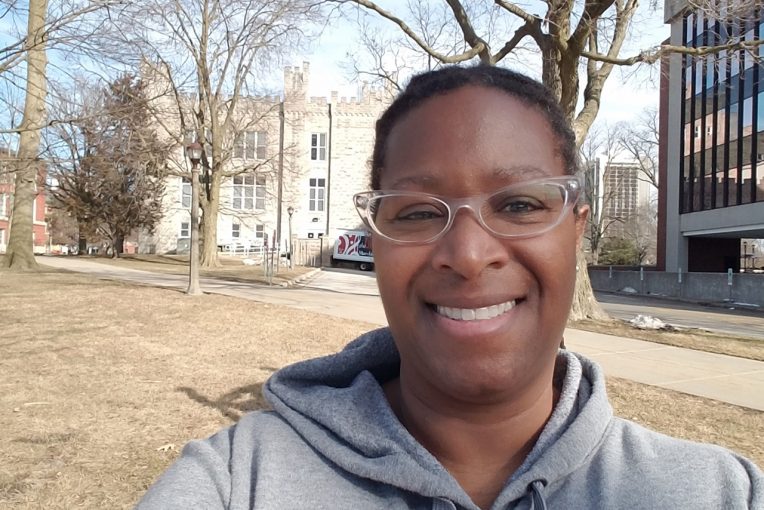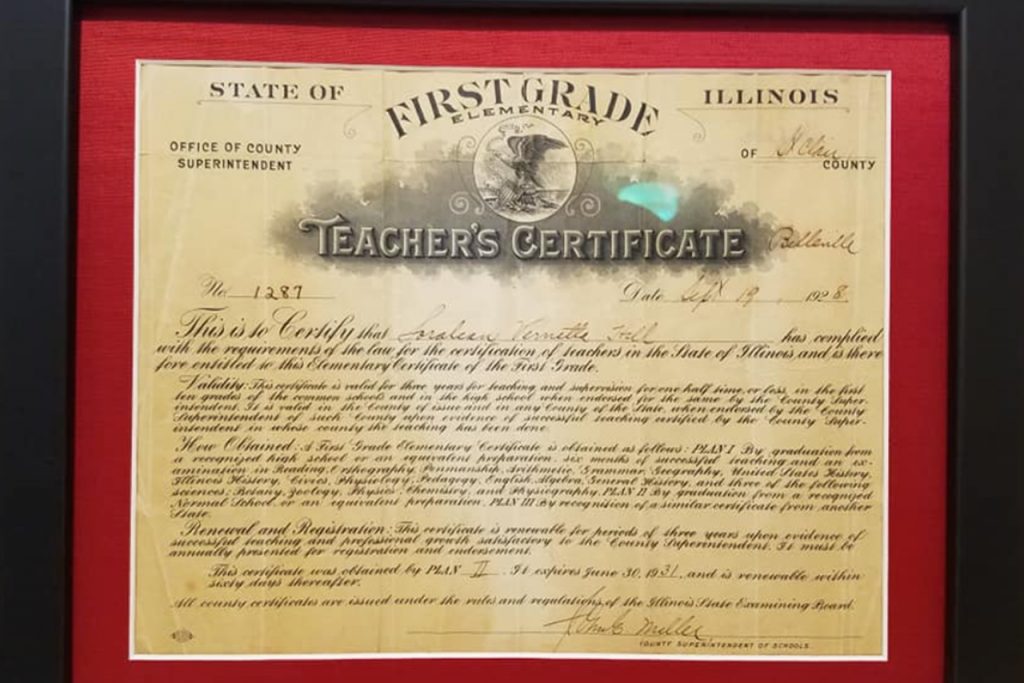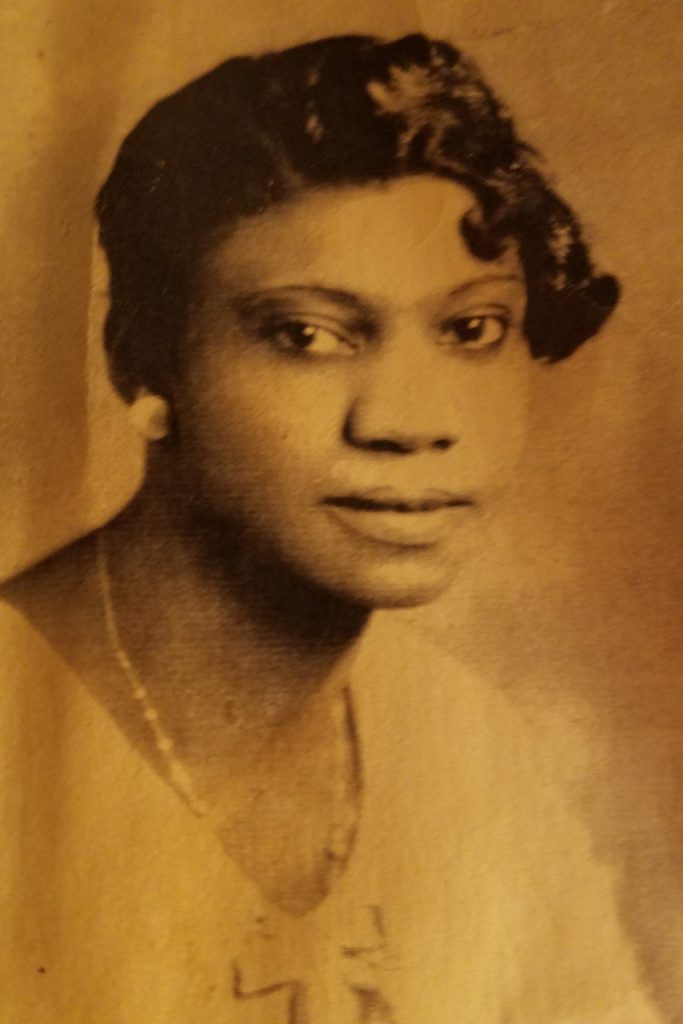You can hear the quiet resolve when Loralean Jordan ‘91 talks about Illinois State University attempting to “right a wrong” to the grandmother she never knew.
According to family records, Loralean V. Hill had completed all courses required for a bachelor’s degree at Illinois State Normal University in the early 1920s, but received only a certificate.
University history records indicate that in the early 1920s, students attended two years to get a certificate in teaching elementary and rural schools or four years for a bachelor’s degree in education. The latter was usually reserved for high school careers or to prep for further studies in higher education administration.
Still, the family’s records indicate that in 1991, when her granddaughter and namesake was finishing a degree at Illinois State University, the University offered to confer a bachelor’s degree on behalf of Jordan’s late grandmother.
The family, deferring to Jordan, respectfully declined. She explained her decision this way, “As long as my grandmother is listed as an alumni, we know what she went on to do, we’re good.’’
In a Facebook post, Jordan recounted the story and shared photos of her grandmother’s certificate from St. Clair County where Hill taught after completing coursework at ISNU.
Though Jordan dismissed the University’s offer to bestow Hill’s degree posthumously, her voice reveals the love she has for the grandmother who died decades before she was born.
Sustained by a spiritual bond that transcended time and generations, Jordan crafted a plan in childhood to restore the dignity Illinois State denied her grandmother.
“I was always connected to her because I have her name, and I grew up hearing about how Illinois State had done my grandmother wrong so I was determined that someone from the family was going to graduate from that school,’’ said Jordan.
With a sense of nostalgia, she recalls the stories she heard about her grandmother leaving East Saint Louis, Illinois, to attend what was then Illinois State Normal University in the early 20s.
According to the McLean County Museum of History, during that era Normal was considered a “sun down” town, meaning it was dangerous for African Americans to be on the streets after dark. Hill said the city also did not give Blacks access to housing so they lived in nearby Bloomington and commuted to classes.
The museums records show 30,930 Black people lived in Bloomington in 1930, while only 6,768 Black people lived in Normal the same year. It was because of racist practices during that time that ISU alumnus Andrew Purnell ’57 founded the Black Colleagues Association (BCA) years later to support African American students at the University after he graduated.
Decades earlier, however, Hill had to find her own support and leaned on her brother, Jordan said. “The story was her brother Loyal went to work, so she could go to school. They say he went to work in an Alcoa factory in East St. Louis and bought her a bike, so she could ride to school from Bloomington.”
With her hard-won certificate, Hill returned home to teach in East St. Louis until her untimely death in 1952. In her lifetime, she inspired not only generations of students but her family as well, Jordan said.
“My mother—her daughter—married a teacher. My uncle—my mother’s brother Levi Hollis Dozier—was a teacher and then a principal. And, my older sister, Laura, is a teacher.”
Jordan, herself, also carried on the legacy of education by attending Illinois State for an international business degree. She later changed to political science with a minor in history. In the late 80s and early 90s, when many of her African American peers were first-generation college students, Jordan took pride in the fact that she was the third generation of her family to receive her college degree. She went on to earn a master’s degree in public policy and now works as a Minnesota-based human resource professional.
Ironically Jordan’s father, Leroy Jordan, was studying for his doctorate at Illinois State while she was completing her undergraduate degree.
It is likely that Jordan’s application for graduation that spring of 1991 prompted the University to reach out the family about the elder Loralean. Jordan said she has no regrets about declining the ceremonious degree.
Instead of looking back, she looks forward to learning more about her grandmother’s life and legacy by working with historians.
Discovering her grandmother’s teaching certificate has served as a powerful reminder of why Jordan loves history, as well as the amazing trail her grandmother blazed.
“This piece of the past really solidified everything for me. My grandmother was an educated Black woman in the 20s. Now, that’s history.”



